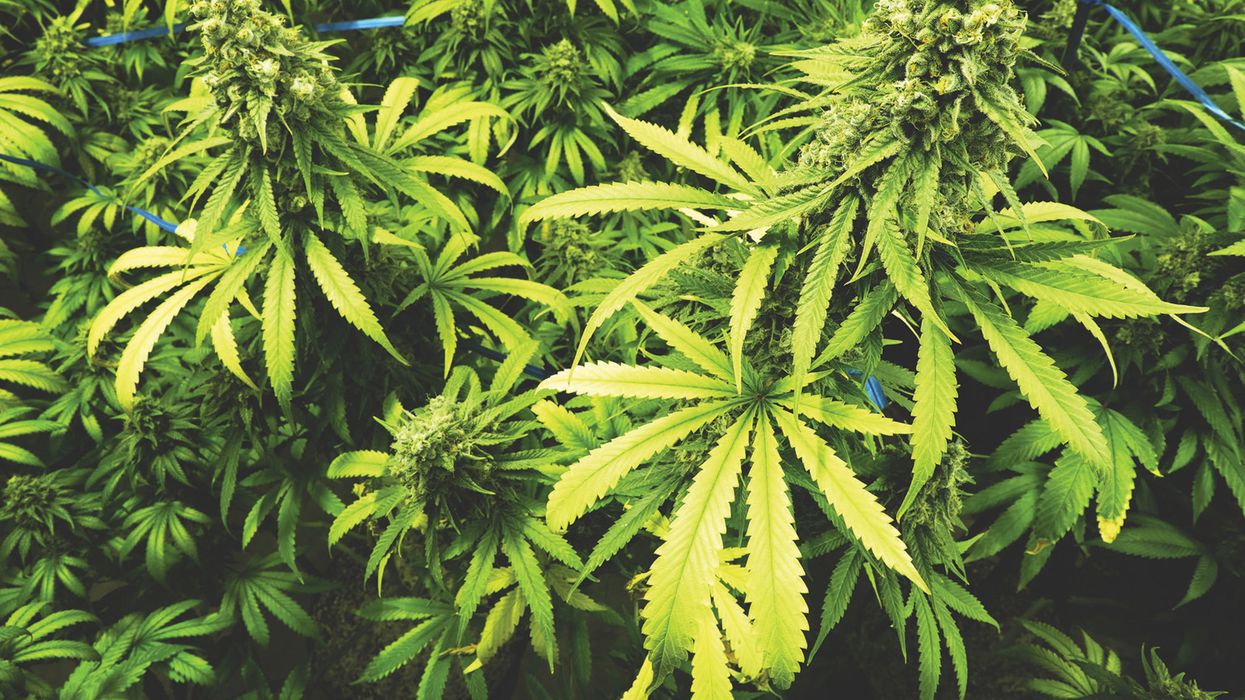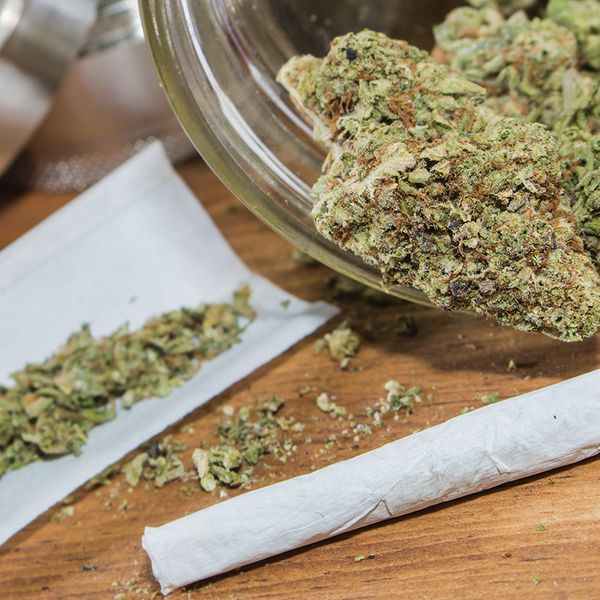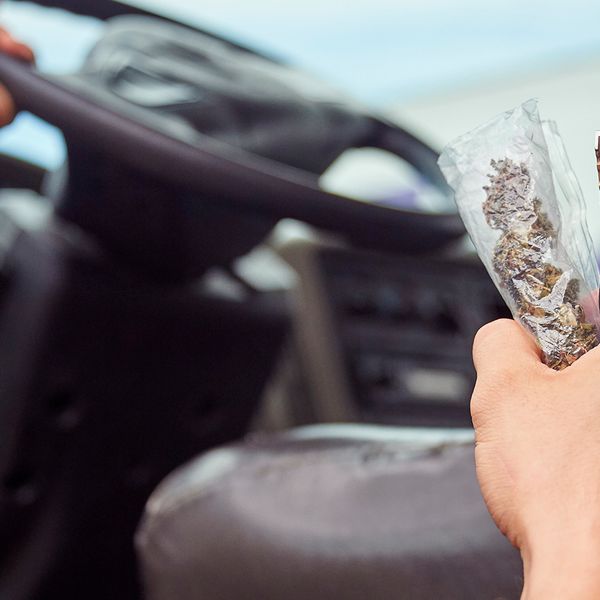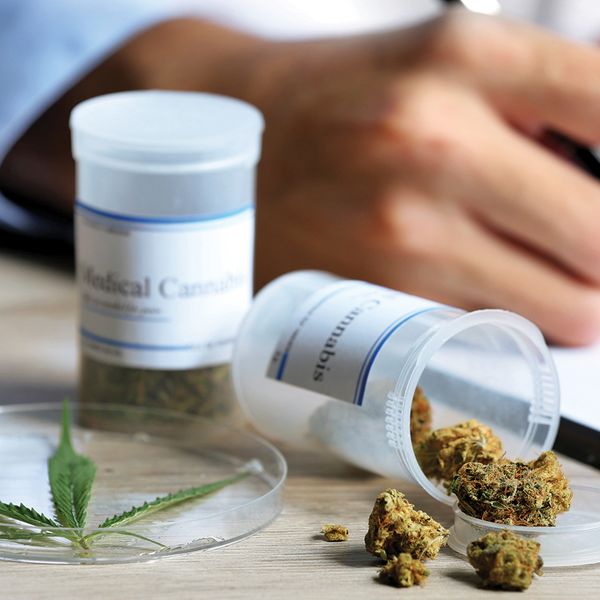Federal government considers easing marijuana restrictions
The federal government is looking at loosening restrictions on marijuana, but the drug is still a long way from becoming legal nationwide.
On August 30, the U.S. Department of Health and Human Services (HHS) sent a recommendation to the Drug Enforcement Administration (DEA) to reschedule marijuana to a lower controlled substance classification.
Marijuana is currently a Schedule 1 drug on the federal level. Drugs in this classification have high abuse potential with no accepted medical use and may not be prescribed. Heroin and LSD are also in this category.
The HHS recommends moving marijuana to a Schedule III classification, which includes substances with moderate to low potential for physical and psychological dependence. Drugs in this classification include steroids, testosterone, ketamine, and Tylenol with codeine.
What does this mean in the workplace?
Marijuana remains illegal on the federal level, although in some states it is legal to sell and use limited amounts. Employers should continue to proceed according to their state laws and any federal requirements that apply: States with no legal marijuana: Employers can follow their workplace policies. They can prohibit on- and off-duty marijuana use and can use a positive test as a reason for a negative employment action as long as that test meets any state testing requirements that are in place.States with legal medical marijuana: Employers should accommodate off-duty medical marijuana use when required under state law. In some states, an employer cannot take action against a medical marijuana cardholder for off-duty use. When that is the case an accommodation must be considered if a job applicant with a medical marijuana card tests positive for the drug. Allowing off-duty use may be a consideration; employers should take the employee’s job duties into account, as well as the impact impairment would have on workplace safety.States with legal medical and recreational marijuana: State laws vary, so employers should be familiar with what is allowed before taking action on the basis of a positive drug test for marijuana. Some states do not allow marijuana testing at all, while others restrict it unless employees have safety sensitive job duties. When testing is not allowed, supervisors should be trained to spot impairment and know what to do when a worker appears to be impaired due to use of marijuana or another substance.Federal requirements for regulated industries: Employees required to follow federal drug and alcohol testing regulations, such those from the Department of Transportation (DOT), cannot use marijuana. Covered employers should continue to test as required by the regulations. Employees in regulated industries face consequences for a positive marijuana test.
What’s next?
The DEA will review the HHS recommendation. It has given no timeline for completing the review.
Key to remember: While marijuana is closer to being removed from its current federal classification as a Schedule 1 drug, it remains illegal under federal law. Employers should follow current state and federal laws and watch for any updates from the DEA.






















































